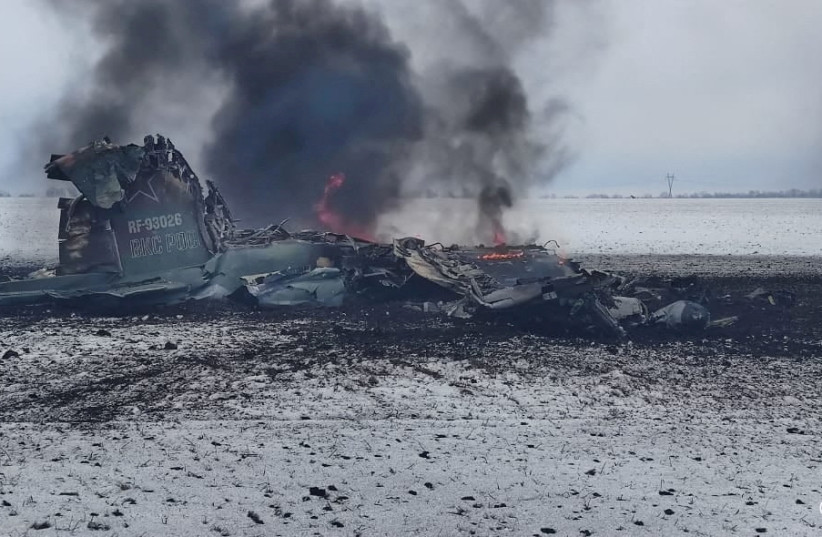Before the Ukraine war, Turkey was slouching from crisis to crisis. It had huge problems in its economy and inflation was running wild. In addition, it didn’t have a plan for its role in Syria and it felt that it had no path back to good relations with the US so long as US President Joe Biden remained in power.
Now Ukraine has given Turkey a way for the country to deal itself back into the international relations poker table. Conflict in Ukraine is an opportunity for Ankara because Turkey has been alienating many countries over the last decade.
It has not only harmed its relations with Israel by comparing Israel to Nazi era Germany and backing Hamas; but it also harmed relations with Greece, Cyprus, Egypt, the UAE, Saudi Arabia, Armenia and many other countries.
It’s aggressive stance under President Recep Tayyip Erdogan was designed to force the region and the world to take Turkey seriously. The theory was that if Turkey threatened and invaded other countries it would get respect.
However, Turkey lost a lot of friends through its threats. It not only lost out on acquiring F-35s from the US, because Turkey became close to Russia and acquired Russia’s S-400 system, but it also lost the trust of many countries. Ankara did most of this aggression under the Trump administration, gambling that its close relationship with Trump personally would mean it didn’t need other countries. But the strange adoration that some around Trump had for authoritarian Turkey, has now been downgraded since Biden took office. Although there are pro-Turkey voices still in parts of the administration, usually in the State Department where some want to “engage” Turkey and work with their “NATO ally,” many in Congress are tired of Ankara’s antics.

Now comes the Ukraine war. Turkey has good relations with Ukraine. It was selling Ukraine its new Bayraktar armed drones. These drones gave Ukraine the chance to enlarge its air force when Ukraine was unable to buy new warplanes from Western countries.
The Turkish drones have reportedly been used on the battlefield against Russia in the past weeks. Their efficacy is still not clear, but what is clear is that Ukraine has appealed to Turkey for support and Turkey has turned to Russia to encourage a ceasefire.
Alongside Israel, Turkey is one of the countries that appears to be able to speak to Moscow and Kyiv and have respect from both sides.
While Ankara angered many countries in the Middle East and Europe, it has better ties with Moscow and Ukraine, and also with Asian countries. What this means is that Turkey could use the current conflict to get some leverage on issues that it cares about. How it will continue to buy S-400s while selling drones to Ukraine remains to be seen.
However, the larger point is that Ankara might be able to broker some kind of agreement and if it can be seen to be playing a positive role, then it could use that role to leverage demands from the US and the West. It could try to argue that it now is doing something pragmatic and positive and seek to use this to turn over a new leaf in ties with the US.
It looks like Turkey will also use this time to continue to pay lip service to reconciliation with Israel. That is to include an Israeli presidential visit this week.
It will be interesting to see how Turkey stage-manages it. Will it treat Israel with respect, or use this visit to advance Ankara’s agenda? This a key question.
